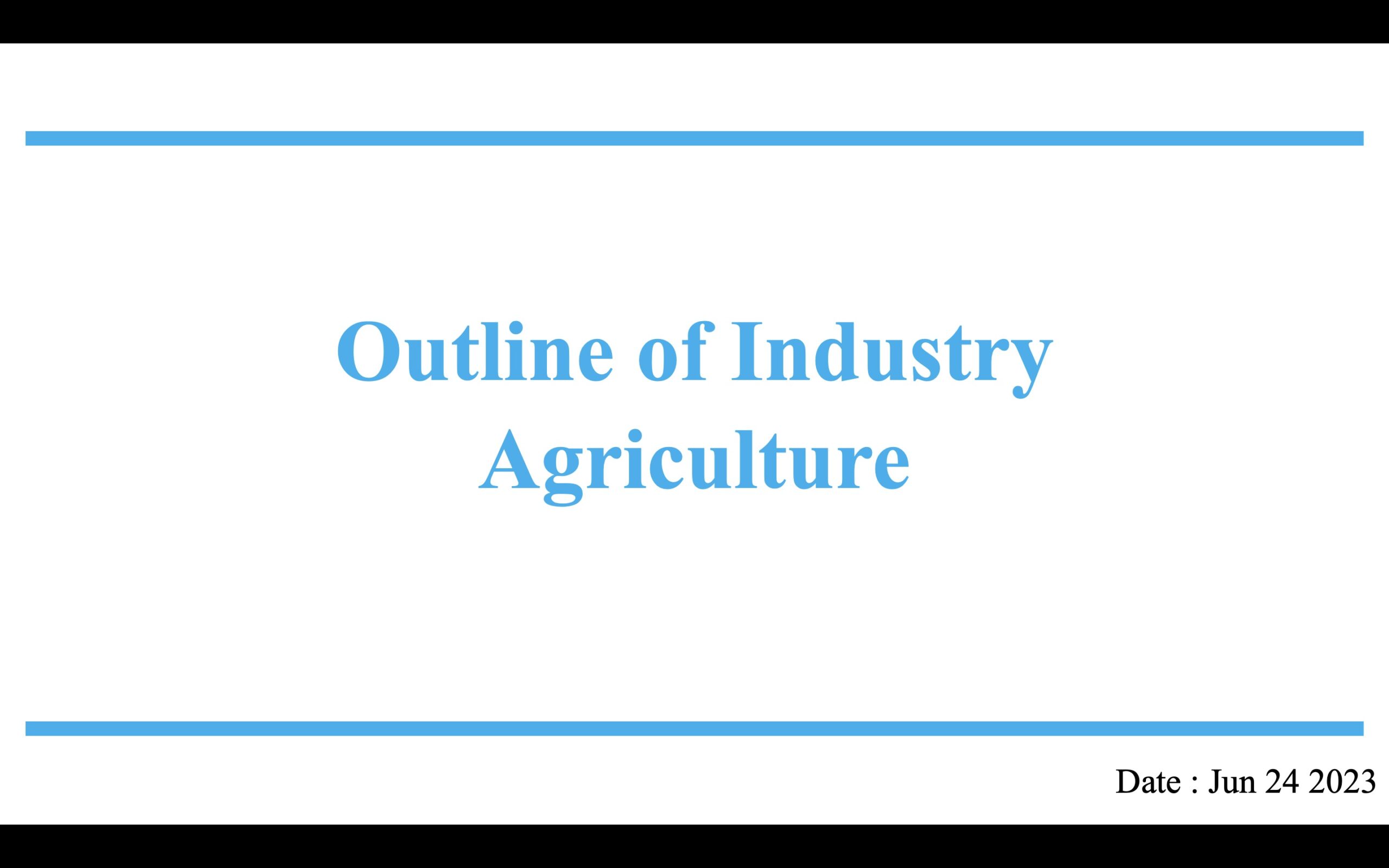Agriculture is the practice of cultivating land, raising crops, and breeding livestock for food, fiber, and other products. It has been a crucial component of human civilization for thousands of years, providing food and resources for populations around the world. Today, agriculture continuhttps://www.youtube.com/watch?v=HtKX-aFnt14es to play a vital role in the global economy and is essential for feeding the growing population.
The origins of agriculture can be traced back to the Neolithic era, when human communities transitioned from a nomadic hunter-gatherer lifestyle to a more settled, agrarian society. The development of agriculture allowed for the growth of permanent settlements, leading to the rise of civilizations and the development of new technologies and techniques. Over time, agriculture has evolved to become a highly sophisticated and complex industry, using modern techniques such as genetically modified crops and precision agriculture to maximize production and improve efficiency.
Agriculture has a major impact on the global economy, employing over 1 billion people and contributing to the GDP of many countries. In developing countries, agriculture is often the primary source of income and employment, and plays a critical role in reducing poverty and hunger. In developed countries, agriculture is a key component of the food industry, providing a variety of products for domestic and international markets.
However, agriculture also has a significant environmental impact, contributing to issues such as soil degradation, deforestation, and greenhouse gas emissions. Modern agriculture practices, such as monoculture crop production and the use of synthetic fertilizers and pesticides, can have negative consequences for both the environment and human health. To address these challenges, there is a growing trend towards sustainable agriculture practices, which aim to reduce the environmental impact of agriculture while still maintaining its economic viability.
Sustainable agriculture practices include techniques such as crop rotation, cover cropping, reduced tillage, and the use of natural pest control methods. These practices help to improve soil health, conserve biodiversity, and reduce the negative impacts of agriculture on the environment. In addition, sustainable agriculture also focuses on ensuring that farmers have access to resources and support, such as fair prices for their products, credit and loans, and education and training programs.
In conclusion, agriculture is a crucial component of human civilization and the global economy, providing food and resources for billions of people. However, it also has a significant impact on the environment, and there is a growing need for sustainable agriculture practices to address these challenges. By adopting sustainable agriculture practices, we can ensure that agriculture continues to provide for future generations, while also preserving the natural resources on which it depends.



Comment